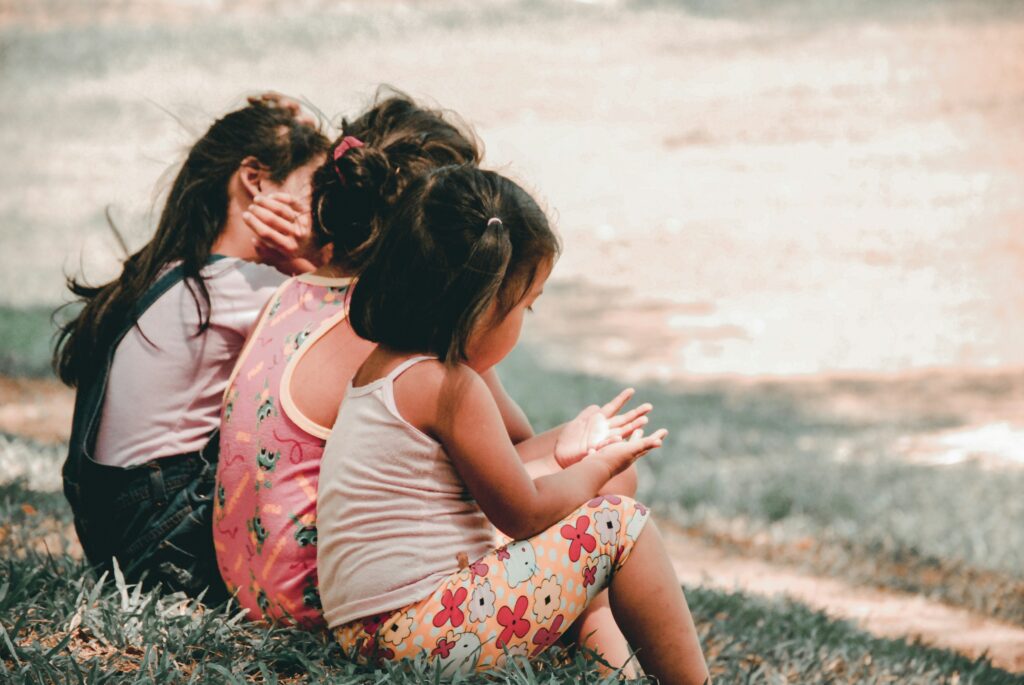The Psychology Behind Sibling Roles

For over a century, psychologists, sociologists, and families have debated an age-old question: does birth order shape who we are? From the dutiful firstborn to the free-spirited youngest, society often assigns traits based on sibling hierarchy. But how much of this is supported by scientific research?
Exploring the Science: What Studies Reveal About Birth Order and Personality
Despite ongoing fascination, scientific conclusions about how birth order affects personality remain inconclusive. One major hurdle is the difficulty of accurately measuring psychological traits—especially when most assessments rely on self-reported data, which can be affected by bias, selective memory, or perception.
Researchers often use the Five-Factor Model of Personality—also known as the “Big Five”—to explore behavioral tendencies. These include:
- Extraversion (sociability)
- Agreeableness (cooperativeness)
- Conscientiousness (self-discipline)
- Neuroticism (emotional sensitivity)
- Openness to experience (creativity and curiosity)
However, recent findings indicate that while birth order may have some influence, it does not consistently affect these traits when adjusted for other variables.
Intelligence and the Firstborn Advantage
One of the few consistent patterns observed is a modest correlation between firstborn status and higher scores on verbal intelligence tests. Experts suggest that this could stem from greater one-on-one adult interaction or cognitive stimulation during early development.
Still, the impact is minor and often shaped by cultural or economic context. In emerging economies, younger siblings may benefit from improved education access as household income and resources increase over time.
The Cultural and Social Context of Birth Order
Cultural traditions and societal structures also mold sibling roles. In societies practicing primogeniture—where the eldest inherits wealth or status—birth order may directly shape behavior and expectations. Pop culture, especially TV series and films, frequently echo these dynamics.
Peers also influence personality development. Children often reflect the behaviors of their social circles more than their birth position. For example, an older child surrounded by rule-breaking peers may exhibit more rebelliousness than a younger child in a different environment.
Career Paths and Creative Potential
Conventional wisdom claims that eldest children pursue academic or leadership roles, while later-borns excel in creative fields. Yet, longitudinal studies challenge this stereotype: some evidence even suggests firstborns enter more creative careers later in life.
In addition, younger siblings often score higher in personality dimensions like Honesty-Humility and Agreeableness, meaning they may be more empathetic, cooperative, and modest—traits linked to stronger interpersonal skills.
Final Thoughts: Reflection Over Generalization
While there’s no concrete formula linking birth order to personality development, it remains a compelling lens for introspection and discussion. A multitude of factors—such as family size, socioeconomic background, gender, and cultural norms—play a significant role in shaping who we become.
Birth order doesn’t dictate destiny, but it can offer valuable insights into family roles, behavior patterns, and the psychology of identity.





Leave a Comment